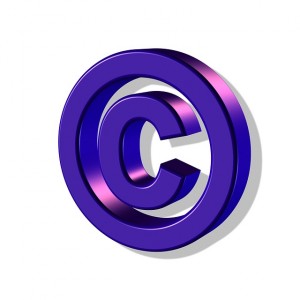I often have authors tell me that they do not need to register their work and obtain a copyright with the U.S. Copyright Office. The authors rely on what is often referred to as a “poor man’s copyright.” This is a method of using a registered date by the post office, a notary public, or another highly trusted source to establish a particular date that the work existed on. The “poor man’s copyright” is, however, a work of fiction.
There is no provision in U.S. law regarding this type of “protection.” Therefore, there is no substitute for registration. Yes, an author’s work receives certain protections the moment that the work is created and fixed in a tangible form. And yes, registration of unpublished works is a voluntary process. Registration is, however, recommended for a number of reasons, including, but not limited to:
- Notice of Ownership to the Public: Your work will be published in the Copyright Office’s Catalog
 and will be available to be searched by the public. This puts the public on “constructive notice” that you own the work.
and will be available to be searched by the public. This puts the public on “constructive notice” that you own the work.
- Legal Evidence of Ownership and Validity: Registration within 5 years of publication is considered prima facie evidence in a court of law that your copyright is valid and that the information contained on the certificate includin
g your ownership is valid.
- Statutory Damages: If registration is made within 3 months of the work’s publication or before infringement occurs, then the owner is eligible for statutory damages of up to $150,000.00 per infringement and attorney’s fees in a successful litigation. If a work is not timely registered, then an owner’s only remedy in an infringement case is an award of actual damages and lost profits.
- Infringment Suit Can be Filed: Registration provide the owner with the ability to enforce his or her copyright through the courts. Without registration, this cannot be done except in a few limited exceptions. To many, this is the most important benefit of registration.
If you have questions on copyright or trademark issues, please contact us at (812) 463-2056.